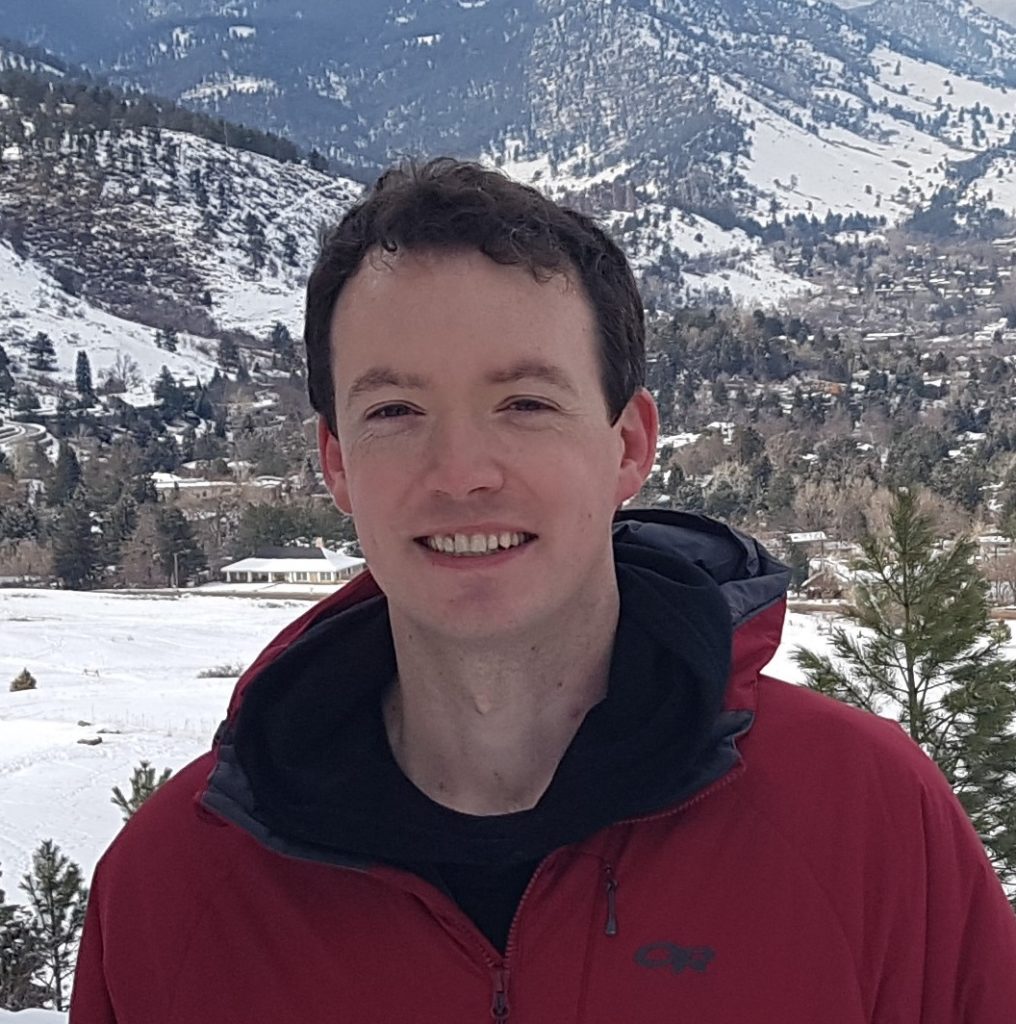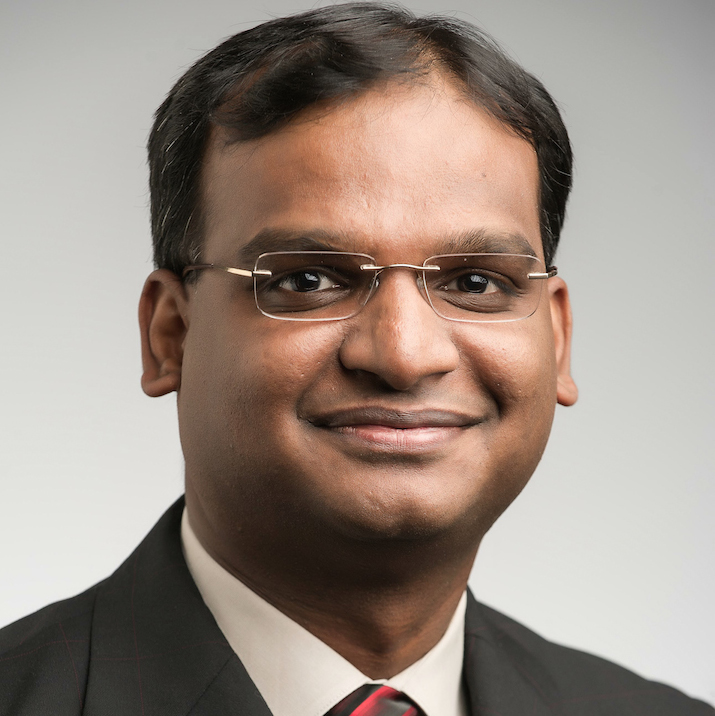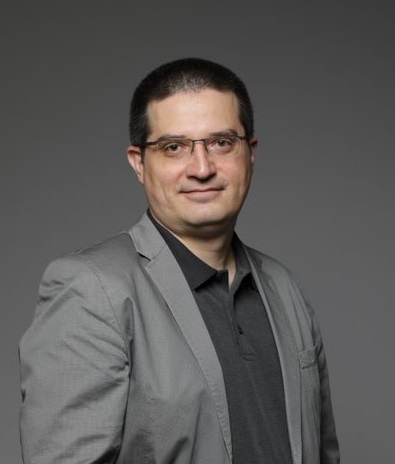Invited speaker 1 – Dr. Michael D. Murphy,
Faculty of Mechanical, Process and Electrical Engineering, Munster Technological University, Ireland
Title: Open-source decision support tools for decarbonizing energy systems through demand response: Demonstrations and sample case studies in Europe
Abstract: A major barrier to investments in clean and future-proof energy technologies for local multi-energy systems is the lack of knowledge regarding their impacts on profitability and carbon emissions due to their complex techno-economic interactions. To reduce this problem, decision support tools should integrate various forms of decarbonization measures. This work presents the Demand Response Analysis Framework (DRAF) and electricity market data (Elmada) decision support tools. DRAF integrally optimizes the design and operation of energy technologies considering demand-side flexibility, electrification, and renewable energy sources. It quantifies decarbonization and cost reduction potential. Elmada calculates electricity carbon emissions factors and corresponding prices for European countries, including dynamic marginal and mixed emissions factors for use in price-based demand response. These tools have been applied to several applications and real world case studies in Europe such as 1) optimizing load flexibility in industrial processes, 2) quantifying the appropriate carbon price for insuring price-based demand response results in decarbonization, 3) selection of cost optimal green energy infrastructure upgrades and 4) identifying the most equitable trade-offs between maximizing demand response profitability and the level of battery degradation incurred by EV owners in an industrial scenario.
Invited speaker 2 – Dr. Murali Baggu,
National Renewable Energy Laboratory (NREL), USA
Title: Analysis and technology needs for getting to 100% Renewable Energy
Abstract: Achieving 100% renewable electricity goals and to support widespread end-use electrification, states and territories in the U.S. must explore how renewable energy and other generation technologies can be developed with energy storage, distributed generation, distribution control, electric vehicles, and energy efficient and responsive loads in each of the cities and communities along with ensuring energy system resilience against future extreme weather events and improve energy justice. This talk will present analysis, approaches and technology needs for achieving 100% electricity goals using examples with in U.S.
Invited speaker 3 – Prof. Marko Delimar,
University of Zagreb, Faculty of Electrical Engineering and Computing, Croatia
Title: Grid modelling in AC systems with integrated power electronics devices
Abstract: The integration of power electronics devices in modern power systems, increased by the growing demand for renewable energy, is changing the modelling paradigm of power grids. The interactions between power electronics devices and the ac grid can appear at high frequencies, necessitating the use of high-bandwidth EMT ac line models. This presentation will provide a short review of the common simplifications in ac line modelling and a comparison of different state-space compatible ac line models in the frequency domain. Furthermore, the main challenges in modelling large interconnected power systems with power electronics devices will be discussed. Finally, a mathematical formulation of the hybrid grid model, consisting of RMS and EMT sections, will be presented




